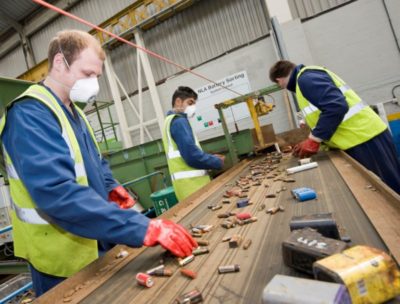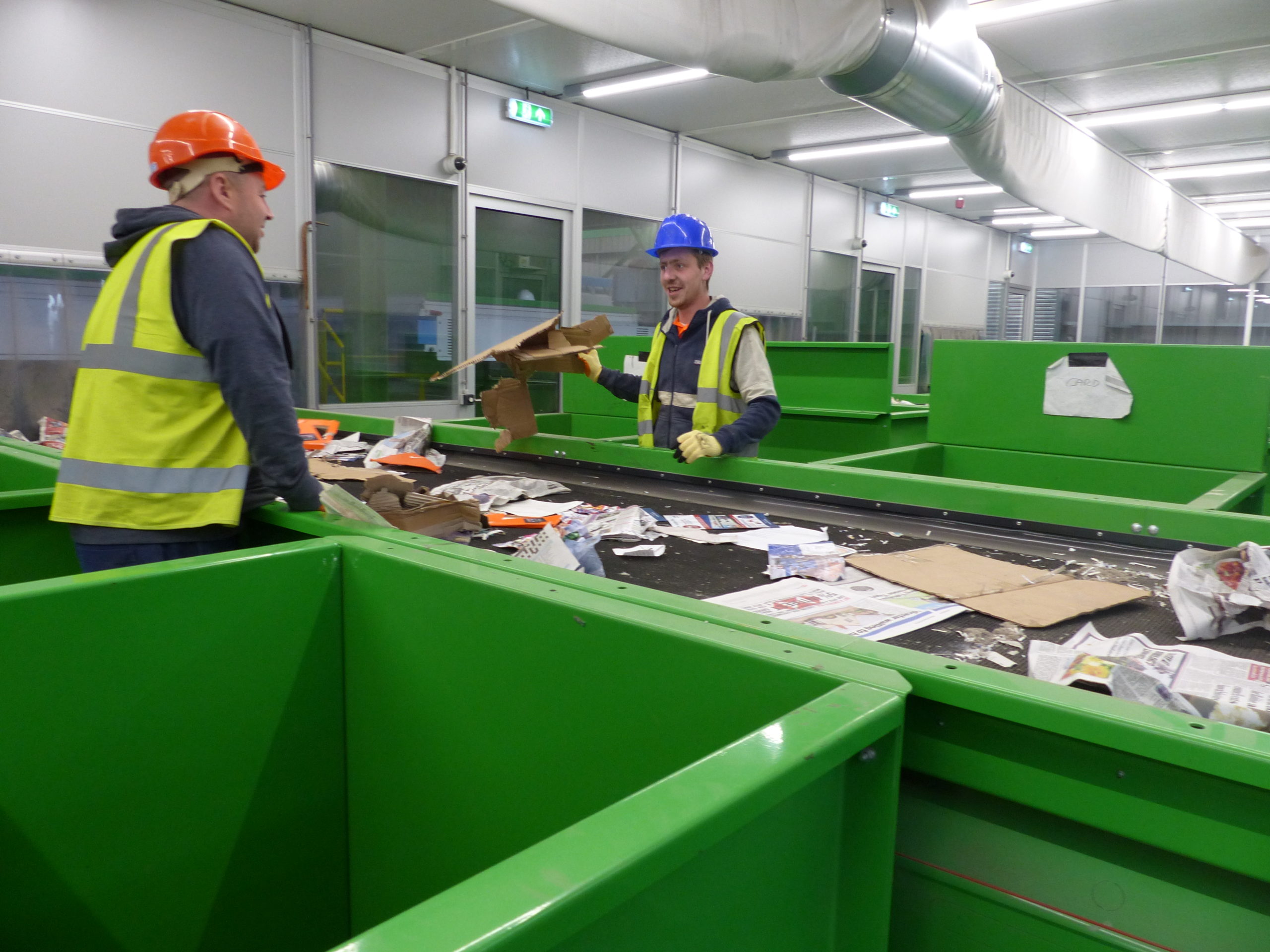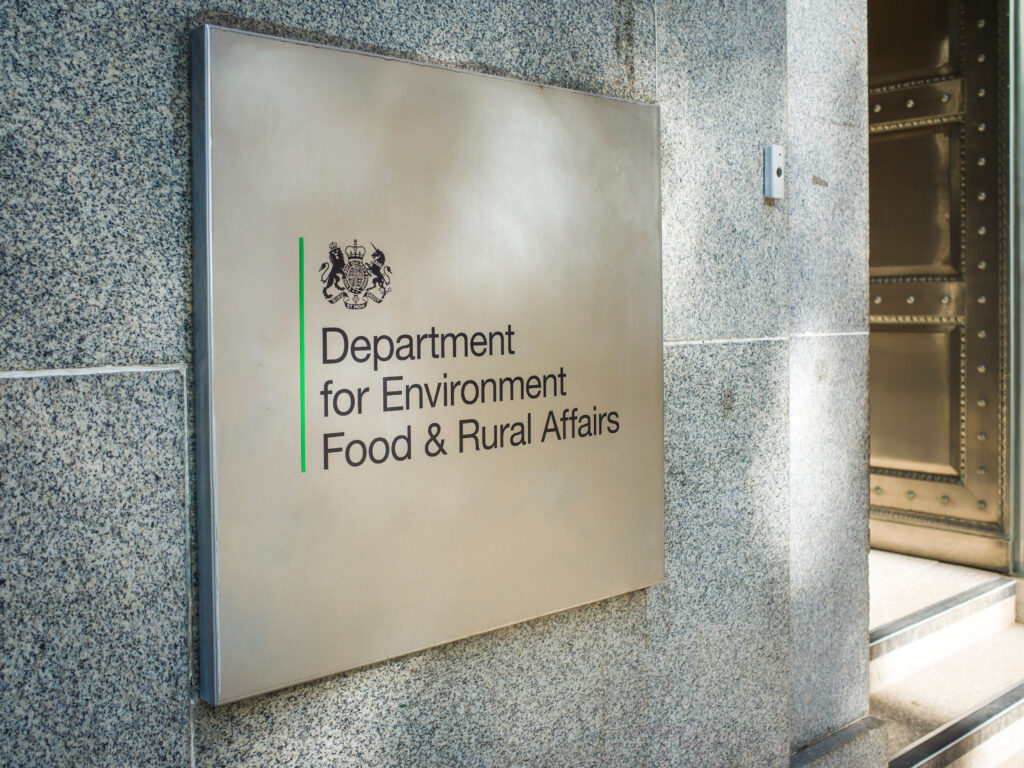However, some also said that the industry is “well prepared” for the legislation and the situation can be handled.

Announced yesterday (19 February) and effective from 1 January 2021, the system will see EU migrants treated the same as those from the rest of the world.
Under the system, freedom of movement from Europe will end and workers globally will instead have to meet a number of categories in order to reach 70 points.
This includes passing an English test for 10 points and a salary threshold of £25,600 for 20 points.
The salary threshold in particular is expected to have a major impact on the waste sector, which employs large numbers of European workers for roles such as picking line operatives and other manual positions.
Workers
While it is difficult for companies to discuss the exact figure of EU nationals working for them due to anti-discrimination laws, it can be expected that within waste management it is a significant number.
And, it is estimated by the government itself that 70% of the existing EU workforce would not meet the requirements of the skilled worker route.

Jacob Hayler, executive director of the Environmental Services Association (ESA), which represents major waste companies, said the blow will be softened by some current workers gaining ‘settled status’, but warned the situation will have to be monitored.
He told letsrecycle.com: “The recycling and resource management sector directly employs a workforce of well over 100,000 people across the United Kingdom and many of these people are employed in unskilled, but no less vital, operational roles as the backbone of our essential industry.
“As is the case with other similar sectors, such as agriculture and construction, a proportion of these roles will be staffed by settled migrant workers from the EU and beyond and, while most will be entitled to remain from December 2020, longer term churn may eventually result in a shortage of candidates for these roles – however, this is a situation the sector will have to monitor closely in due course.”
Threshold
Matt Spaul, managing director of the managed service division at recruitment firm Smart Solutions, worries many European workers hoping to work in the UK waste industry will earn too little to qualify for a visa under the system.
Smart Solutions offers outsourced services to the sector supplying workers, for example, for sorting lines in materials recycling facilities.
Mr Spaul told letsrecycle.com: “The waste and resources industry is heavily reliant on the EU migrant workforce, especially in MRFs or for collection crews and drivers. This just adds to the pressures we’re already experiencing – there’s already record low unemployment in the UK, and it’s difficult to attract candidates to an unsexy industry.
“It’s difficult to attract candidates to an unsexy industry”
“While the industry typically pays the national living wage or even higher, there aren’t many highly paid roles. This means the £25,000 threshold doesn’t help as the majority of workers will not meet it.
“Drivers almost certainly won’t reach the limit, and this just compounds existing issues for an industry already under pressure from low materials sales prices.”
Language
However, Mr Spaul is more confident in the resilience of the industry regarding certain aspects of the system.
For example, the language barrier, according to Mr Spaul, should not be a problem as most staff in MRFs and other sites already speak English for health and safety reasons.
And he hopes the measures will not deter Europeans from applying to waste management jobs in the UK, saying the introduction of the system was not unexpected, adding that he thinks people have been “prepared” for the legislation.
Textiles
The government says there will be a lower salary cap closer to £20,480 for people in “specific shortage occupations”, which currently includes nursing and civil engineering, but not waste management.
The textiles sector is a labour-reliant industry and have previously expressed concerns over the rate of minimum wage, particularly for picking line operators and fork lift drivers.
Alan Wheeler, director of the UK’s Textile Recycling Association, told letsrecycle.com that he will be calling for specific dispensation to recruit workers from Europe.

“If we do not get special dispensation, not only will we not be able to develop sorting operations here, but will probably force many to close or move off-shore, making it even more difficult for us to trace what happens to clothes.
“It could also result in a serious impact on the government’s climate change commitments. Priti Patel and the home office need to stop working in their silo, get a grip on how their blinkered decisions will have serious impacts on their own government’s commitments and priorities and actually take heed of what the industry leaders are telling her. “
‘Economically inactive’
Priti Patel, the Home Secretary, said roles previously taken by EU migrants could be filled instead by the 8.45 million ‘economically inactive’ people in the UK – namely, those aged between 16 and 64 who do not have a job, have not looked for a job in the past four weeks or who are not available for work in the next two weeks.
However, figures from the Office of National Statistics suggest 26.6% of those classified as economically inactive are students, while 6.61 million people say they do not want a job. In the past, some in the waste industry have said they have struggled to recruit British workers for certain roles.
Councils
The announcement on the introduction of the system was preceded by a statement from the Local Government Association (LGA), who called for local councils to be consulted on the areas in which specific skills were required.

Politically led and cross-party, the LGA is the national membership body for local authorities, made up of 339 English councils and the 22 Welsh councils.
Councillor James Jamieson, chairman of the LGA, said: “Reform of our immigration system provides an opportunity to try and tackle skills gaps and workforce challenges in specific sectors such as construction and social care.
“Councils know their local communities and local economies best. Involving councils in the development of a new system would mean they can assess demand for skills locally, ensure it takes account of the varied needs of employers and help the government achieve its ambition to level up all parts of the country.”
Automation
One of the reasons the government has given for introducing such a system is to move away from a reliance on cheap labour and instead towards automation within industry.
And, the ESA’s Jacob Hayler believes waste management is an area in which there is scope for greater automation.
He told letsrecycle.com: “Where appropriate, in treatment facilities such as energy-from-waste plants and materials recycling facilities, the resources and waste sector has already invested heavily in automation and mechanical processes, and on training and apprenticeships, so many of these facilities already operate on lower numbers of more skilled employees.
“There is also opportunity to unlock more innovation and investment across our sector within the Resources & Waste Strategy and the proposed sector deal currently being draw up by the UK Resources Council, which will no doubt result in more automation, but also in new more varied and skilled job roles, and new employment opportunities.”











Subscribe for free